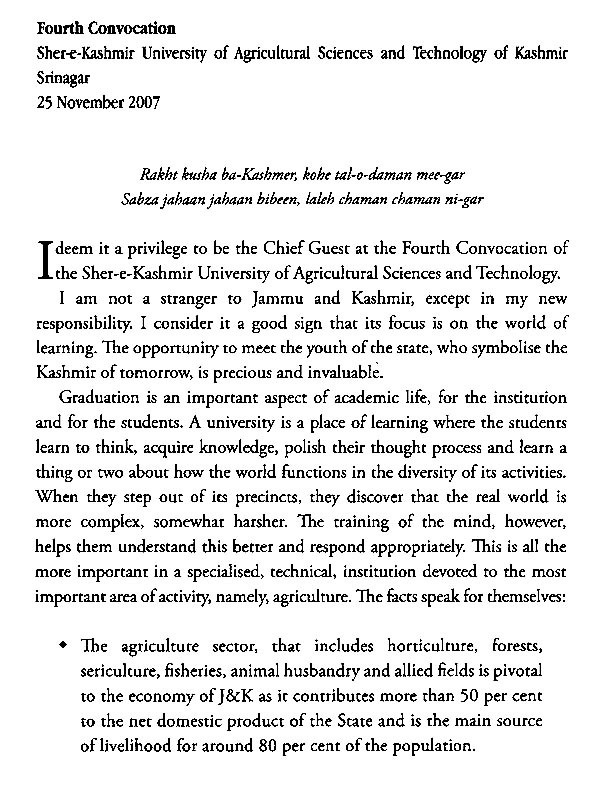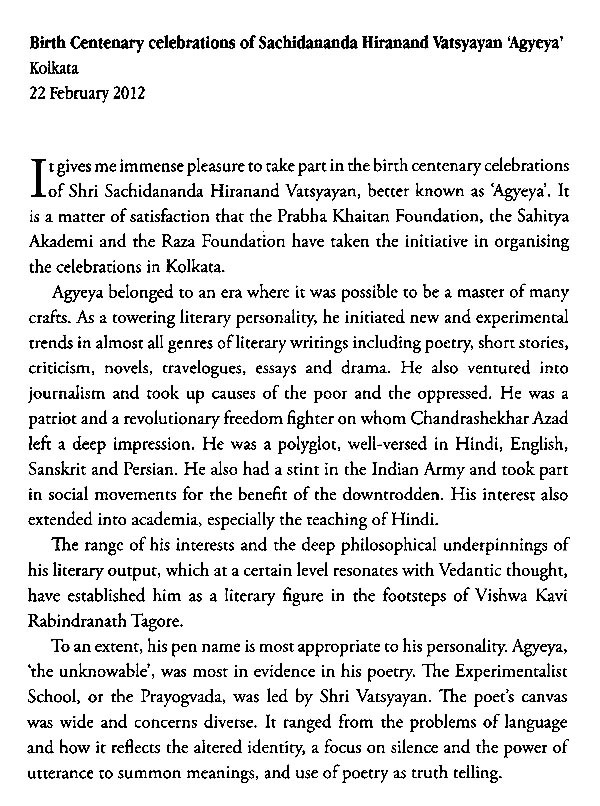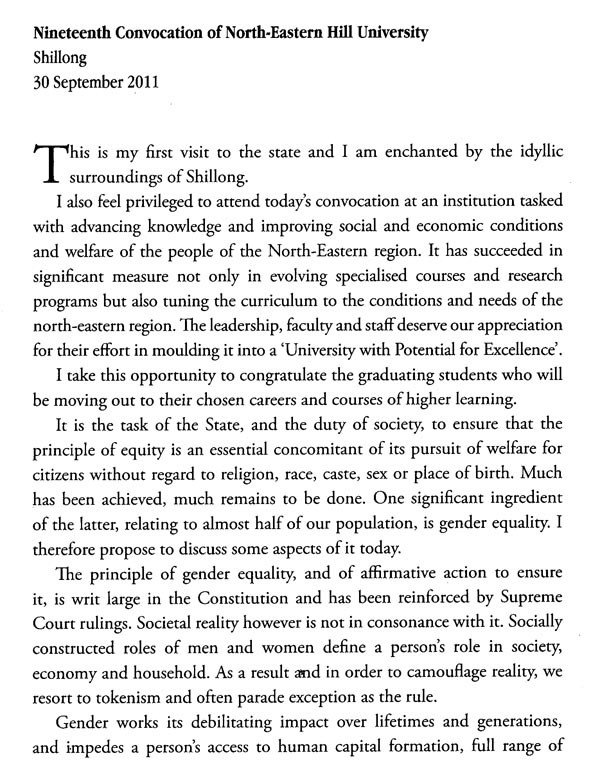
Teasing Questions- Exploring Disconnects in Contemporary India (Selected Speeches of Vice President of India)
Book Specification
| Item Code: | AZE835 |
| Author: | M. Hamid Ansari |
| Publisher: | NIYOGI BOOKS |
| Language: | ENGLISH |
| Edition: | 2014 |
| ISBN: | 9789383098071 |
| Pages: | 790 |
| Cover: | HARDCOVER |
| Other Details | 9.50x6.50 inch |
| Weight | 1.17 kg |
Book Description
The speeches, covering a wide range of themes in the national agenda, are a revelation of the core elements designing the current and future states of affairs in India.
Besides being the exofficio Chairman of the Rajya Sabha, Shri Ansari is the President of Indian Council of World Affairs and the Indian Institute of Public Administration, and Chancellor of the universities of Delhi, Panjab and Pondicherry.
In a diplomatic career of almost four decades, Shri Ansari served as India's Ambassador to Afghanistan, Iran, Saudi Arabia and the United Arab Emirates; High Commissioner to Australia and Permanent Representative of India to the United Nations in New York.
He was a Visiting Professor at the Centre for West Asian and African Studies, Jawaharlal Nehru University and at the Academy for Third World Studies, Jamia Millia Islamia. He was also Vice Chancellor of the Aligarh Muslim University and the Chairman of the National Commission for Minorities.
He is the author of Travelling Through Conflict: Essays on the Politics of West Asia (2008) and has edited, Iran Today: Twenty Five Years After The Islamic Revolution (2005).
In selecting the theme or subject of a speech, my intention most of the time was to go beyond the obvious, mutely or boldly official, and to focus instead on the challenges that we as a people and a society are facing today or are likely to face in the foreseeable future. I found resonance of my approach in a passage, cited on the preceding page, penned by B.G. Varghese in his book Rage, Reconciliation and Security: Managing India's Diversities.
It has been said with much justice that there are times when the present breaks the shackles of the past to create the future, and there are also times when the past creates the future by breaking the shackles of the present. Perhaps we in present-day India need to deal with both imperatives; hence the importance of correct choices. If the perspectives delineated in this volume succeed in some measure in drawing the reader's attention to these, I would consider my effort amply rewarded.
**Contents and Sample Pages**















